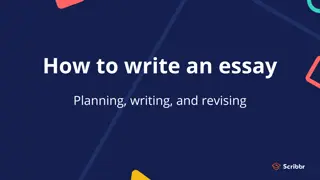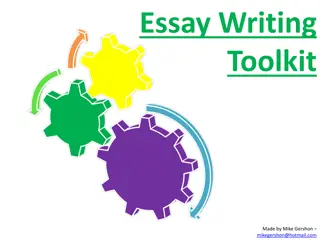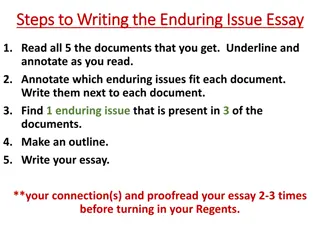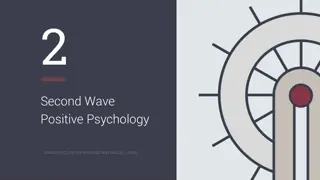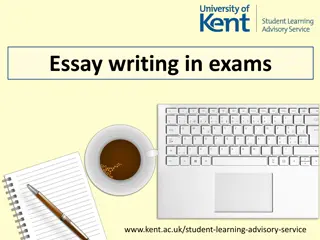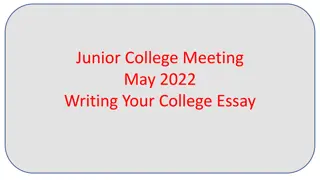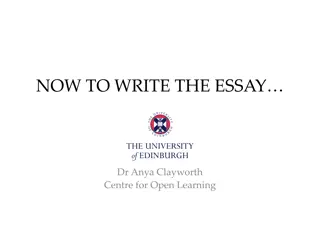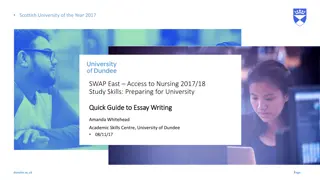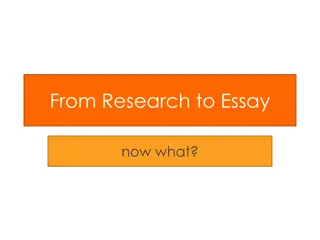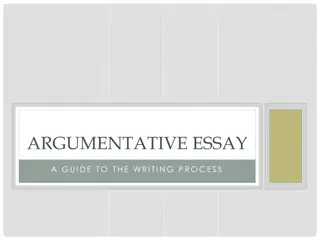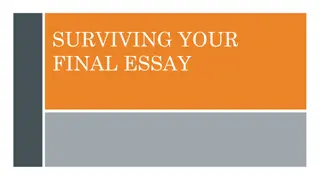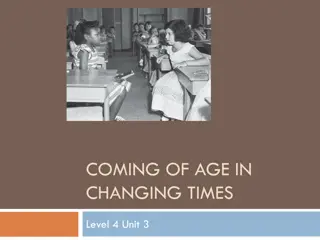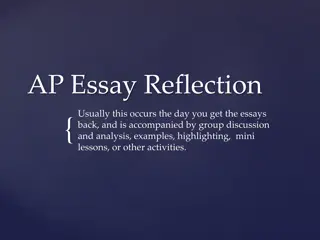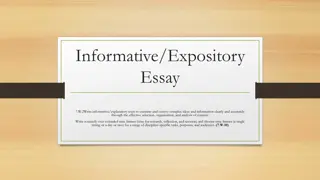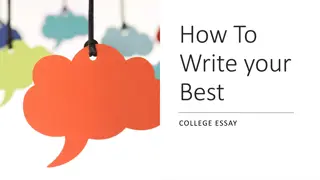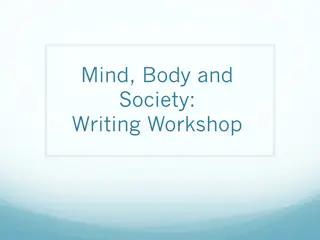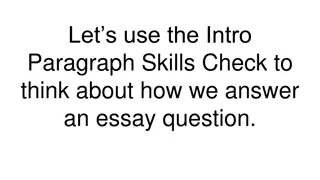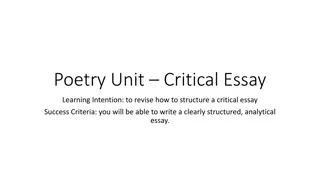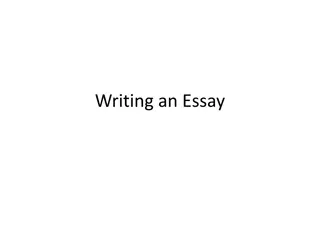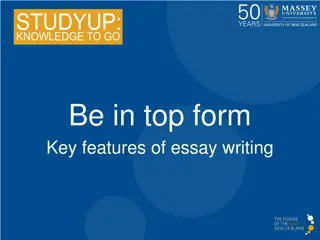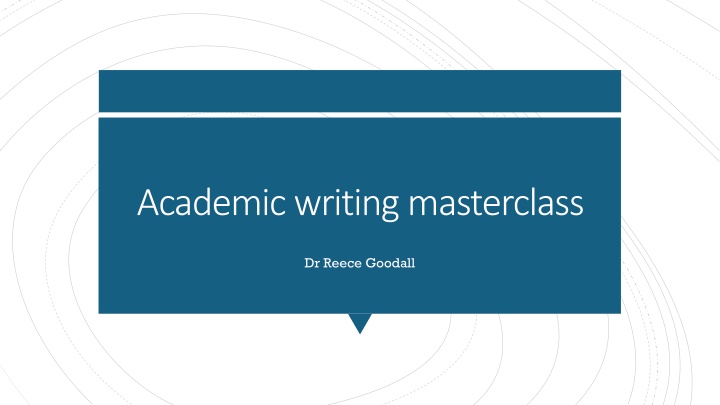
Mastering Academic Writing: Tips and Strategies by Dr. Reece Goodall
Enhance your academic writing skills with Dr. Reece Goodall's masterclass, covering topics such as effective writing, proofing, editing, and using secondary sources. Learn valuable tips on choosing questions, planning, and structuring your writing to ensure clarity and coherence in your work.
Download Presentation

Please find below an Image/Link to download the presentation.
The content on the website is provided AS IS for your information and personal use only. It may not be sold, licensed, or shared on other websites without obtaining consent from the author. If you encounter any issues during the download, it is possible that the publisher has removed the file from their server.
You are allowed to download the files provided on this website for personal or commercial use, subject to the condition that they are used lawfully. All files are the property of their respective owners.
The content on the website is provided AS IS for your information and personal use only. It may not be sold, licensed, or shared on other websites without obtaining consent from the author.
E N D
Presentation Transcript
Academic writing masterclass Dr Reece Goodall
Prepping for writing Effective writing Proofing and editing Plan Secondary sources Useful tips and tricks Questions?
Choose a question that gives you enough to say Do your research revisit the lecture/your notes, read around the topic, re-examine your source(s) Figure out your argument, and use it as the backbone for everything what does the question want? Prepping I d recommend planning work out your argument, your examples, your secondary reading and your throughline in advance, and then it s just a matter of pulling the pieces together
General structure: introduction, points and examples, conclusion It s always better to discuss fewer things in greater detail Writing tips Link back to the main idea with every section or example a good essay is an interconnected essay Build on each example start basic, then build and build until you ve got every bit of value from it
Introduction Main body Conclusion Here s what I m going to do Here s I am, doing it Here s what I ve done Explain briefly what you ve done, and how you ve answered the question/demonstrated your argument Think bigger what didn t you have the space to say? Set up the wider context Narrow it down to your particular area Present your argument Explain how you re going to approach the argument Address the argument with examples Provide two/three main arguments/points, which follow on logically
Does your writing flow? Is the movement from one point to the next logical? Is there a solid narrative throughout? Are your points detailed enough? If you barely have anything to say about a particular example, it s generally better to lose it Editing Spell-check/sense-check: Read it backwards Read it aloud Get someone else to read it
A vital part of getting into the higher marks There s no right amount/right way of using them use them because they re relevant to you, and because they complement and/or challenge your argument Secondary sources Look at the reading lists, and the lectures what sources have the lecturers used and recommended? Other places to look the Library, Google Scholar, the references of your references Is there a good reading linked to the question? That s a great way to bring one in and interrogate it
Look at the mark scheme, and all the module materials Ask your lecturer if they ll look at/feedback on a plan Use their office hours/appointments they are there to help, so take advantage of that Useful tips and tricks Essay feedback have a look, and build on it Don t lose the easy marks (sense, spelling, etc.) Look at good examples, and try to learn from them (and, if a reading or source bores you, what are they doing badly that you can avoid?)

